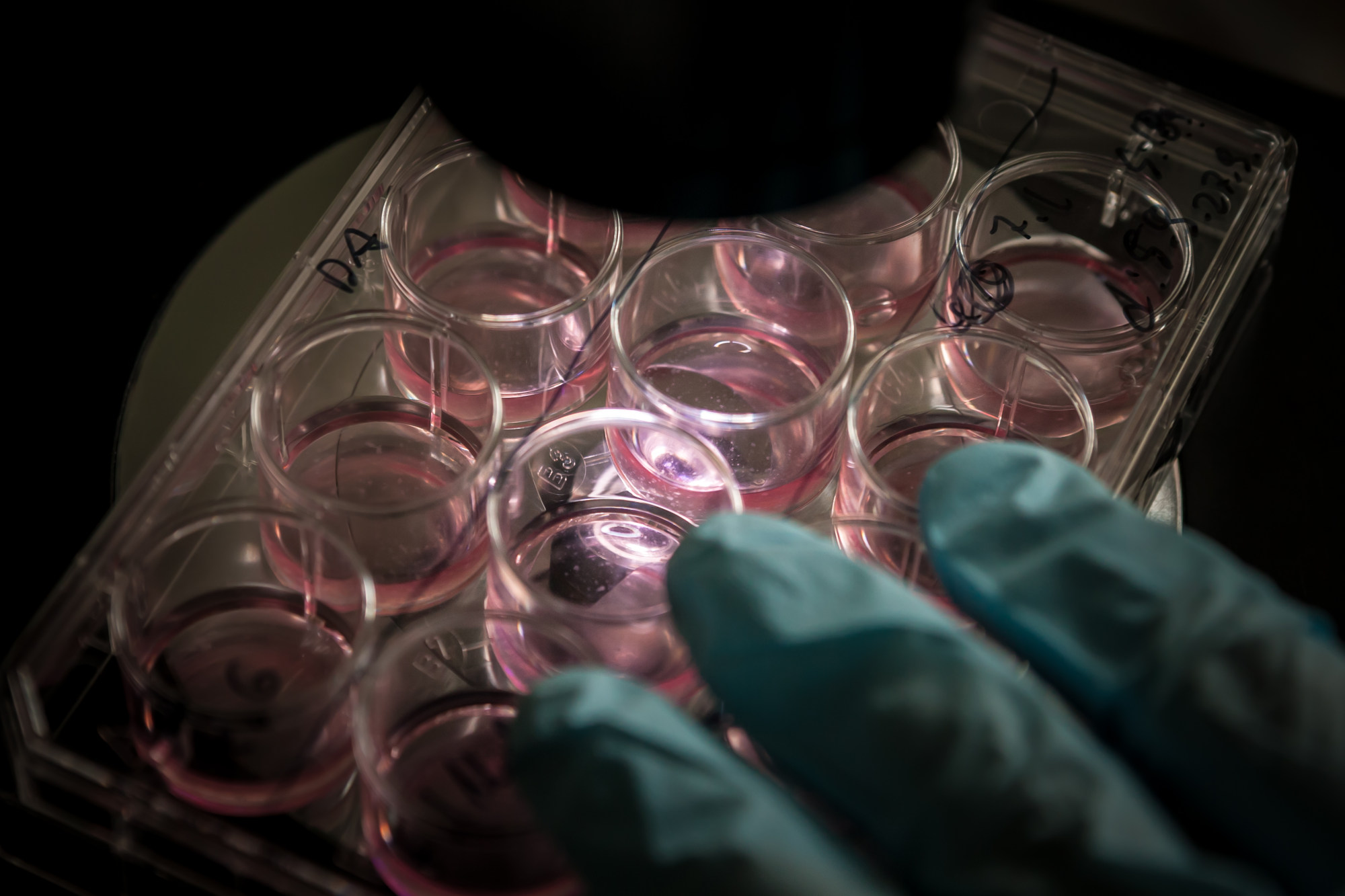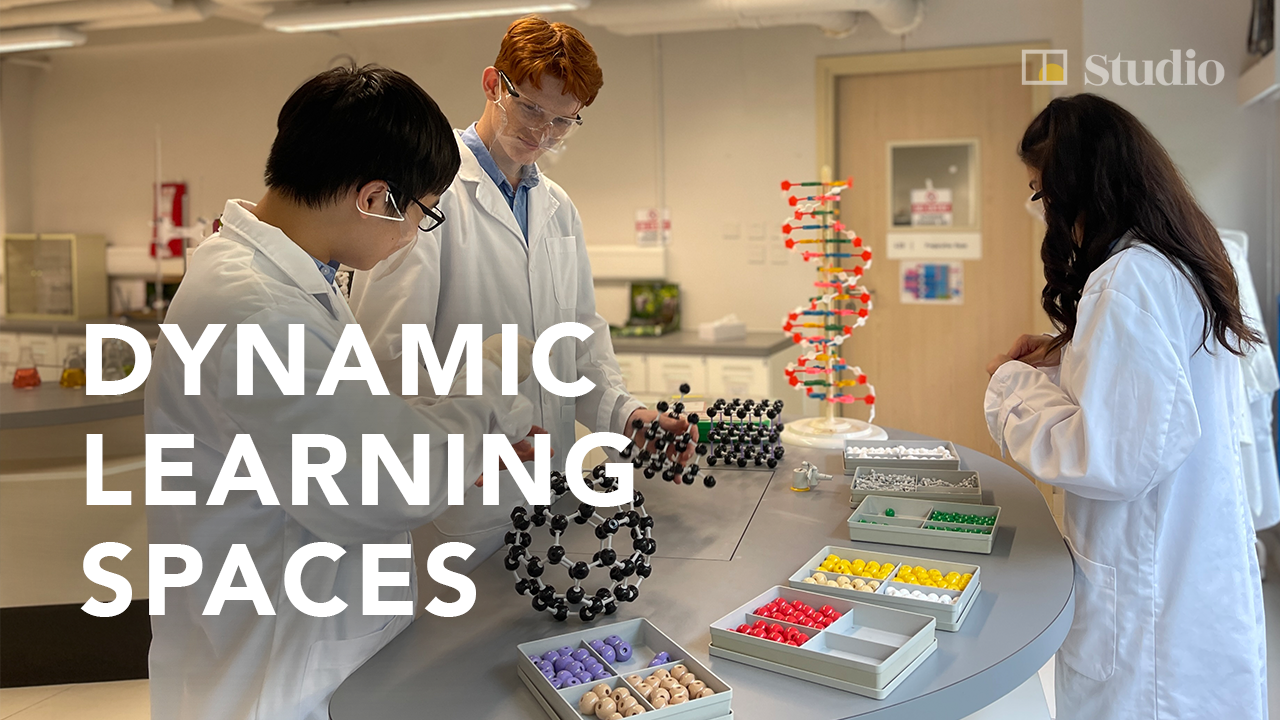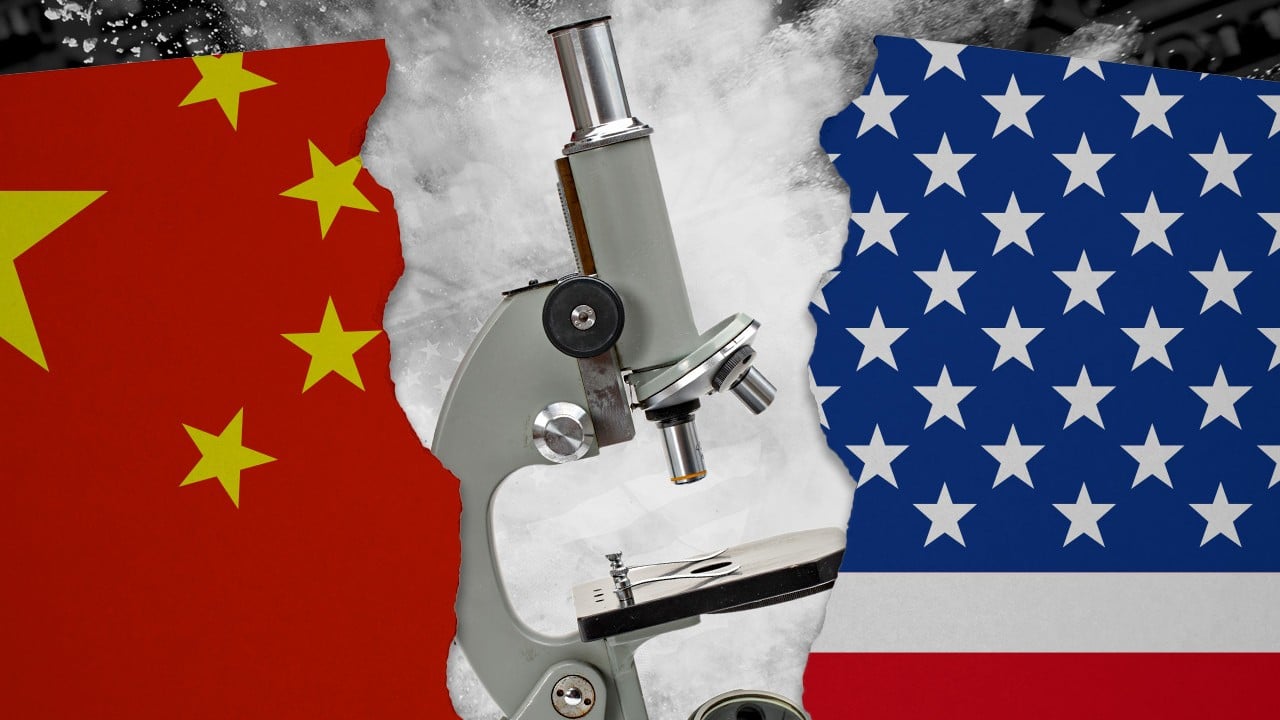Just last month, the team received a tip-off via their social media account to look into Professor M. Santosh, a geologist at the school of earth sciences and resources at the China University of Geosciences, Beijing (CUGB).
Wu said Santosh’s high productivity attracted their attention because usually a scientist, even one with a large team, could only publish about 10 papers a year, while Santosh had already published more than 60 papers since the start of 2024.
This was not the first time someone had raised concerns about Santosh, and Wu and his colleagues decided to dig into it.
They finally established that since 2020, more than 65 per cent of Santosh’s publications in four journals – all run by Chinese research institutions – involved an “author-editor conflict”.
According to their definition, such a conflict exists when the reviewer or editor of a paper has had a relatively large number of collaborative relationships with the author, such as co-authorship, in the previous three years.
What was more, in three of his published articles, Santosh was found to be the handling editor of his own paper, a behaviour that directly contradicts the fairness requirement of academic publishing conventions.
The South China Morning Post tried to contact Santosh and CUGB for a response, but did not receive a reply.
In 2019, the government launched China’s Journal Excellence Action Plan, a five-year initiative aimed at creating a portfolio of 400 world-class journals owned by Chinese institutions to lure high-level research back to the country. This year is the final year of the plan.
“In recent years, Beijing has wanted to create some high-quality scientific journals, and many universities are being funded to do so, but there are still many challenges,” Wu said.
Funded mainly by the Ministry of Science and Technology and the National Natural Science Foundation of China (NSFC), Wu’s team is granted a relatively large degree of freedom in deciding their research projects and investigation methods, but they report their achievements and progress to the funders every year.
In this latest investigation into Santosh, they started by listing all of his published papers since 2020, collating those that met the author-editor conflict definition. After analysing more than 200 articles, four journals in particular caught their attention.
“As these four journals disclose who is responsible for editing the papers they publish, we can get the information, and another factor is that Santosh has published many articles in these journals,” he said.
Wu said these journals had become influential publications in geoscience, with their impact rising rapidly in recent years.

Geoscience Frontiers is one journal that Wu and his team are paying particular attention to. According to the team’s research, Santosh has published 39 papers in the journal so far this year, of which 37 are suspected of misconduct, accounting for 95 per cent of his papers.
Geoscience Frontiers is operated by both CUGB and Peking University, which publishes research articles and reviews in interdisciplinary areas of earth and planetary sciences, and where Santosh serves as editorial adviser.
The journal refused to respond to requests for comment on the allegation.
Fang was particularly active in the media over a decade ago, accompanying the rapid rise of scientific research, economic development and the internet boom in China, but his actions have been criticised for lacking the transparency that would allow proper investigations.
Today, Elisabeth Bik, a microbiologist from the Netherlands who moved to the United States nearly two decades ago, has become one of the world’s most influential science detectives as a super-spotter of photo manipulation in scientific publications.
The rewards are high, but the chances of punishment are low
In an interview in 2023, she said the chances of getting caught breaking the rules in science were not particularly high.
“The rewards are high, but the chances of punishment are low,” she said.
In the United States, a Silicon Valley investor pledged US$1 million in February to help pay the legal fees of scientists sued for flagging fraudulent research, thereby ensuring that the threat of costly legal action will not silence critics.
Meanwhile in China, as government support and encouragement has seen the number of academic journals rise rapidly in recent years, Wu said it was widely acknowledged that there were a range of problems and loopholes.
But, he said, few were willing to delve deeper into the issues.
“Authorities such as the NSFC, which have poured money in setting up and running scientific journals, want to review the quality of these journals, and thus they need independent institutions to help with the assessment,” he said.
Before moving to his present role at the end of 2022, Wu was a materials scientist at a top university in southern China.
He said that at the time, his team was working on developing materials technology – and they gradually realised that some of the tools they were using, including big data and artificial intelligence, could be used to detect possible misconduct in papers.
Unlike detectives such as Bik, who focus more on plagiarism or fraud by academics, Wu’s team is more interested in improper or illegal practices at the journal level, because they believe this is a niche area that has received less attention both domestically and internationally.
Author-editor conflicts fall into this niche, and their present investigation is not the first time they have uncovered such conflicts.
In May, they published an article alleging that Wang Aijie, a professor with dual appointments at the Harbin Institute of Technology and the Chinese Academy of Sciences, had acted as a handling editor for her own papers in the journal Environmental Research, where she is on the editorial board.
By making some of their investigations public on their website and social media accounts, Wu said they could attract public attention, help gather more leads or put pressure on the scientists and research institutions involved.
After publishing the article about Santosh’s alleged breach of academic fairness on June 12, they received many comments from researchers, with some providing extra information about more potential ethical problems.
While following these new leads, Wu’s team have already reported their findings to the publishers of the journals involved as well as agencies such as the Science Citation Index (SCI), an indexing database covering more than 9,200 journals.
“The scientific community should have more social watchdog organisations like yours to keep researchers on their toes,” one reader commented under their article.
The management of scientific journals in China had come a long way, though, a researcher at CUGB stressed.
The researcher, a colleague of Santosh’s who asked not to be named, said the ethical requirements for publishing papers were becoming more comprehensive, with more restrictions on citing references, for instance.
According to a report by state news agency Xinhua in January, the construction of China’s world-class journals has “achieved significant results” since the implementation of the Journal Excellence Action Plan in 2019.
It said that the number of domestic journals whose influence had entered the top 5 per cent of international rankings in their disciplines has increased more than fivefold.
The Link LonkJuly 14, 2024 at 05:00AM
https://news.google.com/rss/articles/CBMifmh0dHBzOi8vd3d3LnNjbXAuY29tL25ld3MvY2hpbmEvc2NpZW5jZS9hcnRpY2xlLzMyNjgyNDIvc3R1ZHktZXRoaWNzLWNoaW5lc2Utc2NpZW5jZS1kZXRlY3RpdmVzLWhhcmQtdHJhaWwtYWNhZGVtaWMtbWlzY29uZHVjdNIBfmh0dHBzOi8vYW1wLnNjbXAuY29tL25ld3MvY2hpbmEvc2NpZW5jZS9hcnRpY2xlLzMyNjgyNDIvc3R1ZHktZXRoaWNzLWNoaW5lc2Utc2NpZW5jZS1kZXRlY3RpdmVzLWhhcmQtdHJhaWwtYWNhZGVtaWMtbWlzY29uZHVjdA?oc=5
The Chinese science detectives hard on the trail of academic misconduct - South China Morning Post
https://news.google.com/search?q=hard&hl=en-US&gl=US&ceid=US:en


No comments:
Post a Comment